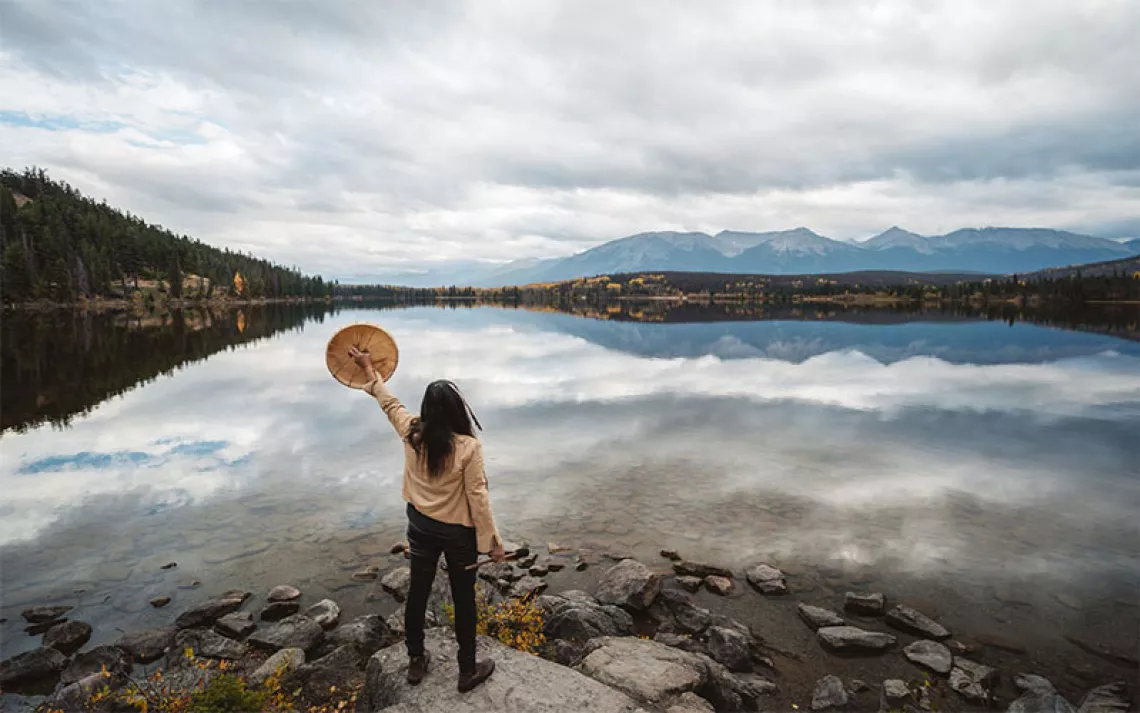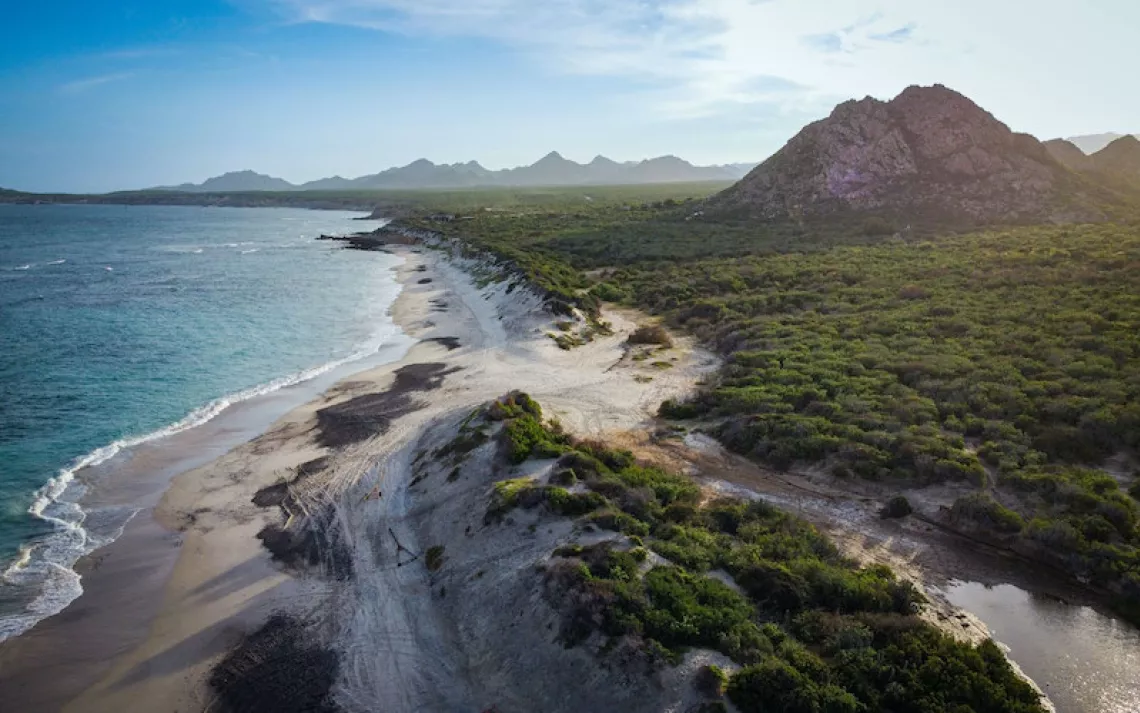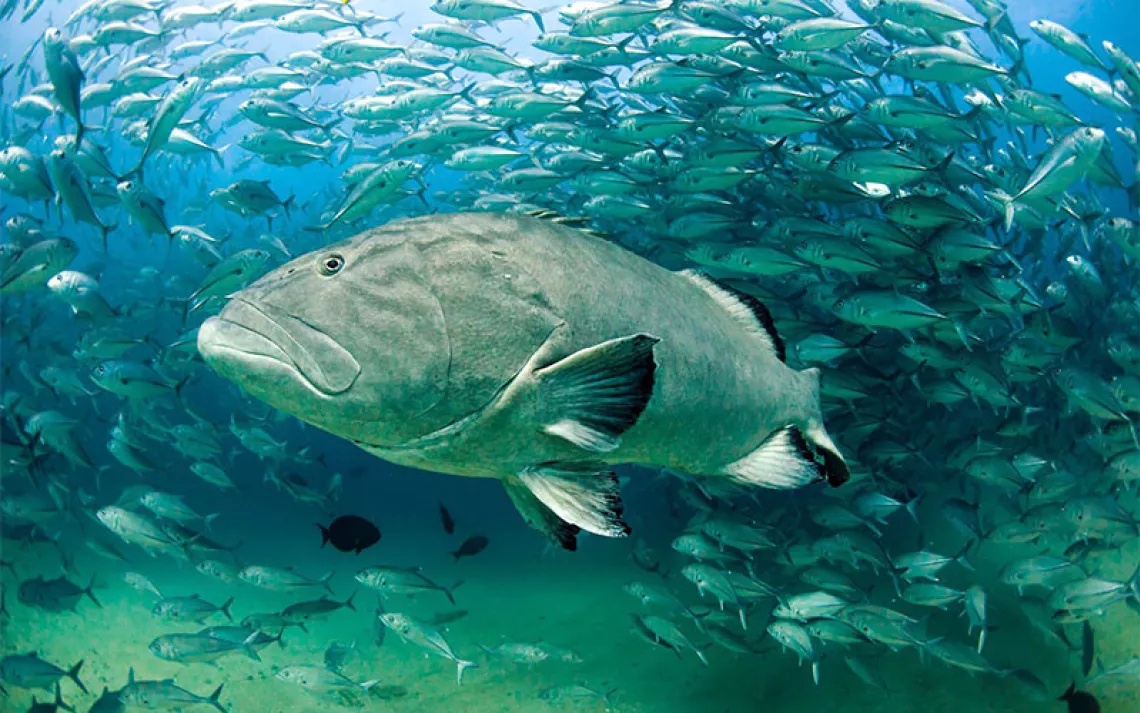Slaughter Season in Mongolia
For the herders, it's a part of life as old as life itself

Photo by Ruth Kamnitzer
I'M NOT SURE HOW MY SON will take it when the slaughter season begins. We've come to Mongolia to study the manul, a rare species of wildcat, but we're also learning many things not directly related to wildlife. We draw water from our hand-dug well, burn dung for warmth, and rely on a solar panel for what little electricity we use. We've lived out here for two years, since our son was a newborn, but this is the first time we've joined the late-fall livestock slaughter. I wonder how much he'll take in.
For the herders, it's a part of life as old as life itself. Mongolian winters are harsh. Temperatures plummet to 40 below. Bitter winds blow. Twice now we've watched the manuls bulk up on abundant pika during summer, then lose a third of their weight by winter's end. Livestock will also suffer, but winter has one advantage for the herders: It turns the steppe into an open-air freezer. Just as the cold sets in, and before their animals lose too much weight, the herders spend a couple of weeks slaughtering enough of them so that their families will eat for the next six months. And now, in late November, that time has come.
As he rolls a cigarette with last month's news, Gana studies the herd. Then he wades in, grabs a large sheep, and leads it away. He whacks it once on the head, hard, with a mallet. With less time or effort than I expend chopping a carrot, he takes the knife from his belt, makes a small slit, reaches in to squeeze the aorta, and stops its heart. Done. He flicks the few drops of blood from his hands and lights his cigarette. By the time I return from hunting for my camera, there's a cow down too.
You never really understand what is in a cow until you see it turned inside out. Stripped of its hide, the skin is pale, veined, slightly pink. Unzip the belly and there lie the organs, gray and oily. The balloon of a stomach looks explosive in the way it lies inert, threatening to erupt. Unpack these to reveal the cavernous rib cage, filled with liters of blood, red as paint, every ounce of which will be scooped out and used.
I am awed by the sight of all the meat, the stench of half-digested grass. But it's impossible not to get caught up in the action. Relatives have come from the city to help, and they refuse to let a little work get in the way of their fun. "Come over here," Baltog says, brandishing the rope of intestines at his brother like a lasso.
I take refuge inside the ger with the women as they squat on low stools before aluminum basins filled with organs—stripping, scouring, squeezing, scrubbing, rinsing, and rinsing again. Water needs to be carried from a great distance away and thus is used with reflexive economy, recycled into a series of buckets. Everyone has a job to do, and—from city or country—they all do it well.
I want to help too but am painfully aware that I am most valuable as a deliverer of plastic bottles in which to store the blood. I console myself by learning the names of the organs—böör, dzürkh, eleg—as Dorchen throws them into the pot for lunch. The temperature outside is well below freezing, but the dung stove is hot, and we leave the door wide open so the ger is flooded with sunshine. I can see my son outside with his friends, tobogganing down the sand in a cardboard box.
Every cell of the animals will be used: the meat frozen, the sinew dried for sewing, the mane and tail woven into rope, the sheep wool matted for the ger walls, even the bones carved into toys or thrown to the dogs. Finally, just as the sun dips below the horizon and the livestock are brought down from the hills, the work is done. My husband returns from his day of radio tracking, and we go back to our own ger to stoke the fire, put our happy child to bed.
I wake in the night. The dogs have started up—roused by a wolf, Jimerson will tell me in the morning. The fire has gone out. I walk the five paces to the door and step out to grab a bag of dung for the stove. The shock of frigid air feels somehow cleansing after the day's gore. The brilliance of the stars, the dazzling air, slaughter—the things that arrest my city-dulled mind, my son claims as a birthright. I look out into the night. Somewhere on these starlit hills are the manuls, the wildcats we seek, and I hope they too have feasted before the long winter ahead.
 The Magazine of The Sierra Club
The Magazine of The Sierra Club



